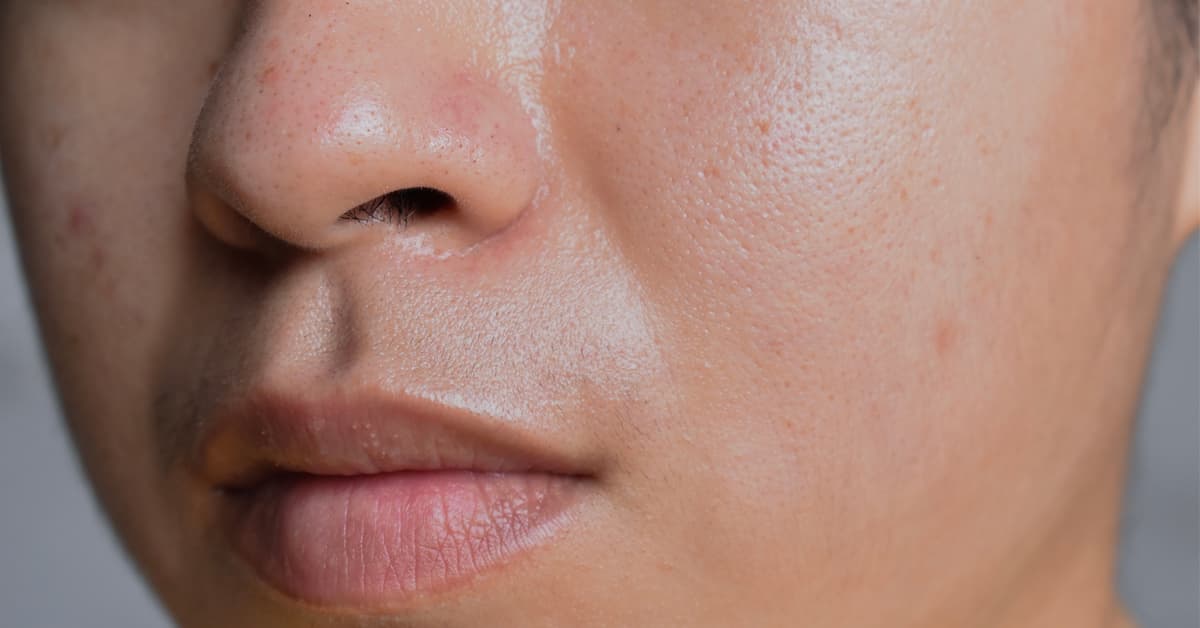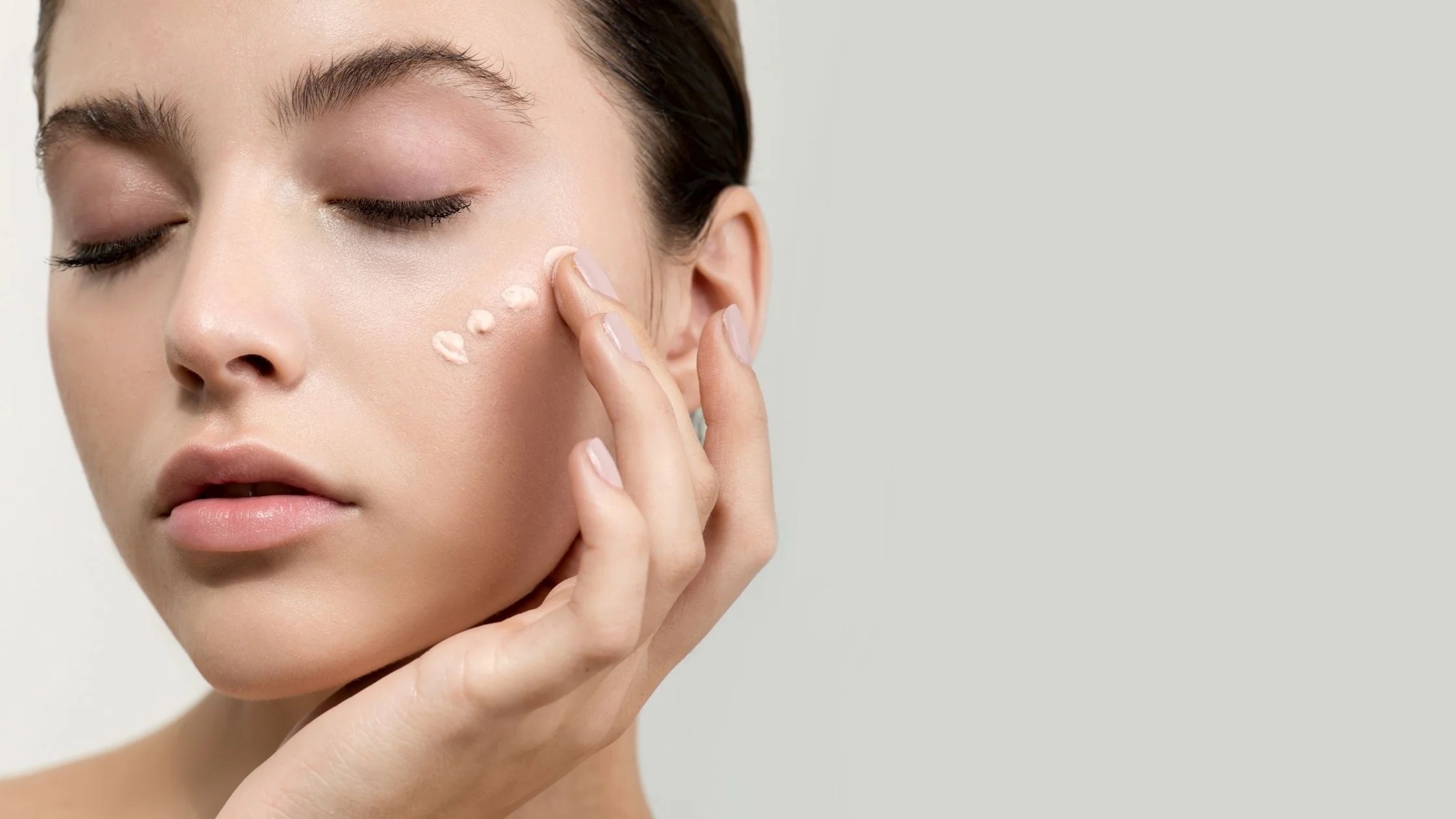
Oily skin can be a real challenge, but understanding it better can help manage it effectively. Why does skin get oily? It's mainly due to overactive sebaceous glands producing excess sebum. This natural oil helps protect and hydrate the skin, but too much can lead to clogged pores and acne. Genetics, hormonal changes, diet, and even stress can all contribute to oily skin. Knowing these factors can make a big difference in how you care for your skin. In this post, we'll share 40 facts about oily skin that will help you understand and manage it better. Get ready to learn some surprising truths!
Understanding Oily Skin
Oily skin can be a challenge, but knowing more about it helps manage the shine. Here are some interesting facts about oily skin.
-
Sebum Production: Oily skin results from overactive sebaceous glands producing excess sebum, a natural oil.
-
Genetics: Your genes play a significant role in determining skin type. If your parents had oily skin, chances are you might too.
-
Hormones: Hormonal changes, especially during puberty, pregnancy, or menstruation, can increase oil production.
-
Climate: Hot and humid weather can make your skin oilier. Conversely, cold weather can cause your skin to produce more oil to compensate for dryness.
-
Diet: Foods high in sugar and dairy can trigger oil production. Eating a balanced diet helps manage oily skin.
-
Stress: Stress increases cortisol levels, which can boost oil production. Managing stress can help control oily skin.
-
Age: Younger people tend to have oilier skin. As you age, your skin produces less oil.
-
Skin Care Products: Using the wrong products can exacerbate oiliness. Opt for non-comedogenic and oil-free products.
-
Over-washing: Washing your face too often can strip away natural oils, causing your skin to produce even more oil.
-
Exfoliation: Regular exfoliation helps remove dead skin cells and excess oil, but over-exfoliating can irritate your skin.
Benefits of Oily Skin
While it might seem like a nuisance, oily skin has its perks. Here are some benefits you might not know.
-
Natural Moisturizer: Sebum acts as a natural moisturizer, keeping your skin hydrated.
-
Slower Aging: Oily skin tends to age slower than dry skin. The extra oil helps keep wrinkles and fine lines at bay.
-
Protection: The oil forms a barrier that protects your skin from environmental damage and pollutants.
-
Less Sensitivity: Oily skin is generally less sensitive than dry skin, making it more resilient to harsh products.
-
Glow: The natural oils give your skin a healthy, radiant glow.
Common Myths about Oily Skin
There are many misconceptions about oily skin. Let's clear up some of these myths.
-
Myth: Oily Skin Doesn't Need Moisturizer: Even oily skin needs hydration. Use a lightweight, oil-free moisturizer.
-
Myth: Sun Exposure Reduces Oiliness: While the sun may temporarily dry out your skin, it can actually increase oil production in the long run.
-
Myth: Oily Skin Doesn't Age: Oily skin ages slower, but it still ages. Proper care is essential.
-
Myth: You Should Skip Sunscreen: Sunscreen is crucial for all skin types. Choose a non-comedogenic, oil-free formula.
-
Myth: Popping Pimples Helps: Popping pimples can lead to scarring and infection. It's best to leave them alone.
Managing Oily Skin
Managing oily skin requires a consistent routine and the right products. Here are some tips to help you out.
-
Cleanser: Use a gentle, foaming cleanser to remove excess oil without stripping your skin.
-
Toner: A toner with salicylic acid can help control oil and prevent breakouts.
-
Moisturizer: Opt for a lightweight, oil-free moisturizer to keep your skin hydrated without adding extra oil.
-
Blotting Papers: Carry blotting papers to absorb excess oil throughout the day.
-
Clay Masks: Use a clay mask once a week to draw out impurities and reduce oiliness.
-
Non-comedogenic Products: Choose makeup and skincare products labeled as non-comedogenic to avoid clogging pores.
-
Regular Exfoliation: Exfoliate 2-3 times a week to remove dead skin cells and prevent clogged pores.
-
Healthy Diet: Eat a balanced diet rich in fruits, vegetables, and whole grains to help control oil production.
-
Hydration: Drink plenty of water to keep your skin hydrated from the inside out.
-
Avoid Touching Your Face: Touching your face can transfer oils and bacteria, leading to breakouts.
Professional Treatments for Oily Skin
Sometimes, professional treatments can help manage oily skin more effectively. Here are some options.
-
Chemical Peels: Chemical peels can help reduce oiliness and improve skin texture.
-
Microdermabrasion: This treatment exfoliates the skin, removing excess oil and dead skin cells.
-
Laser Therapy: Laser treatments can reduce oil production and improve overall skin health.
-
Prescription Medications: Dermatologists can prescribe medications to help control oil production and treat acne.
-
Facials: Regular facials can help keep your skin clean and reduce oiliness.
Interesting Facts about Oily Skin
Here are some fun and lesser-known facts about oily skin.
-
Pore Size: Oily skin often has larger pores, which can be more noticeable.
-
Makeup Longevity: Makeup tends to wear off faster on oily skin. Using a primer can help it last longer.
-
Seasonal Changes: Your skin's oil production can change with the seasons, requiring adjustments to your skincare routine.
-
Gender Differences: Men typically have oilier skin than women due to higher testosterone levels.
-
Skin Type Changes: Your skin type can change over time due to factors like age, hormones, and lifestyle.
Embracing Your Oily Skin
Oily skin can be a challenge, but understanding it makes managing it easier. Knowing that your skin produces more sebum to protect itself helps you choose the right products. Use gentle cleansers, oil-free moisturizers, and non-comedogenic makeup. Avoid over-washing, which can strip natural oils and cause more oil production.
Remember, oily skin has its perks, like fewer wrinkles and a natural glow. Regular exfoliation and blotting papers can help control shine. Stay hydrated and eat a balanced diet to support overall skin health.
Embrace your skin type and work with it, not against it. With the right care, oily skin can look and feel great. So, take these tips to heart and enjoy the benefits of your unique skin.
Was this page helpful?
Our commitment to delivering trustworthy and engaging content is at the heart of what we do. Each fact on our site is contributed by real users like you, bringing a wealth of diverse insights and information. To ensure the highest standards of accuracy and reliability, our dedicated editors meticulously review each submission. This process guarantees that the facts we share are not only fascinating but also credible. Trust in our commitment to quality and authenticity as you explore and learn with us.


